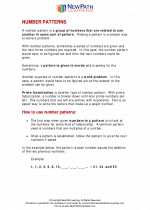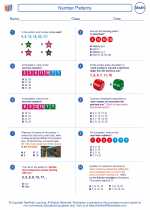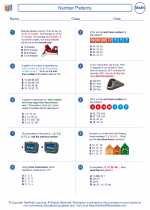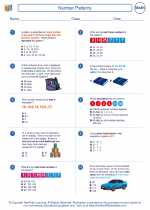Permutations
Permutation is the arrangement of items in a particular order. In mathematics, it refers to the different ways in which a set of items can be arranged in a specific order. The number of permutations of a set of items can be calculated using the permutation formula.
Permutation Formula
The number of permutations of n items taken r at a time is given by the formula:
nPr = n! / (n - r)!
Where n is the total number of items, r is the number of items taken at a time, and ! denotes factorial, which means the product of all positive integers less than or equal to n.
Example
Suppose we have a set of 5 letters: A, B, C, D, and E. We want to find the number of different ways these letters can be arranged in a 3-letter sequence. Using the permutation formula, we can calculate this as:
5P3 = 5! / (5-3)! = 5x4x3 / 2x1 = 60
Study Guide
To understand permutations better, here are some key points to remember:
- Permutation refers to the arrangement of items in a specific order.
- The permutation formula is nPr = n! / (n - r)!, where n is the total number of items and r is the number of items taken at a time.
- Factorial (!) denotes the product of all positive integers less than or equal to n.
- Practice calculating permutations using different sets of items and varying the number of items taken at a time.
Understanding permutations is important in various mathematical and real-life scenarios, such as arranging objects, scheduling tasks, and solving combinatorial problems.
.◂Math Worksheets and Study Guides Sixth Grade. Number Patterns

 Worksheet/Answer key
Worksheet/Answer key
 Worksheet/Answer key
Worksheet/Answer key
 Worksheet/Answer key
Worksheet/Answer key
